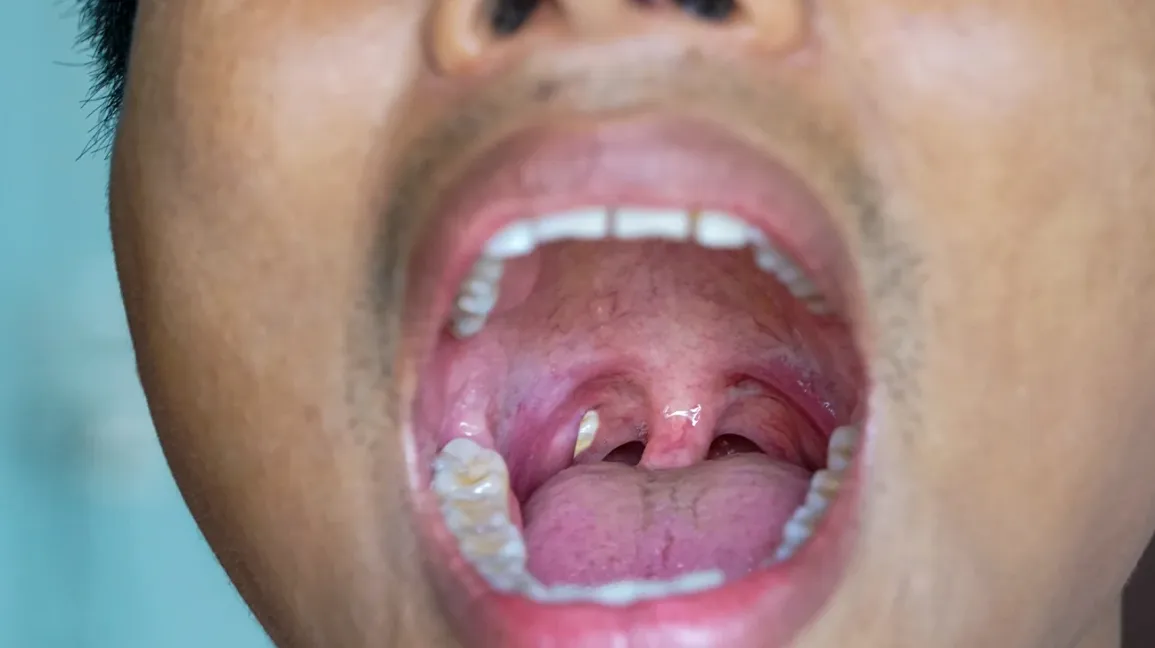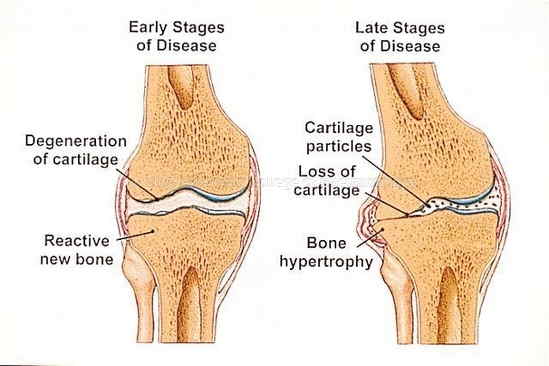Mental health is an issue that isn’t taken as seriously as it needs to be. While the stigma is slowly reducing, often there is more misinformation than facts about mental health disorders.
Media has a large role to play in the spread of misinformation about mental health disorders. Much of the fear and distrust in these disorders is because of the negative light they are portrayed in constantly.
Bipolar disorder is a great example of a mental health disorder that is villanized. The rumor mill is ripe with half-truths and odd untrue facts about this disorder. The counter to this rampant misinformation is knowledge. Knowing about bipolar disorder makes it seem less intimidating.

So, let’s take a look at what bipolar disorder actually is!
What is Bipolar Disorder?
Bipolar disorder is commonly known as manic depressive illness. The mental illness is characterized by extreme shifts in mood—a person with bipolar disorder shifts from mania or a manic state to depression or a depressive state.
Mania or a manic state is when the person is abnormally energized. These episodes are generally characterized by intense happiness or mania, reckless decisions, and an exaggerated sense of self.
A depressive episode generally comes after mania. Where mania involved energy, recklessness, and excitability, depression is characterized by the exact opposite. The person is sad, feelings of hopelessness, and can be prone to outbursts of irritation or frustration. There is a significant loss of interest in hobbies or life.
Those dealing with the disorder face a lot of difficulty in managing everyday life. Whether it is school or work, focusing and maintaining a stable routine is hard for those with the disorder. What also gets affected is their relationships. Those with bipolar disorder experience difficulty maintaining relationships with friends or partners.
As of now, bipolar disorder has no immediate cure. There are treatment options available to manage the symptoms of the disorder—the options for treatment range from medication to hospitalization. Many learn to manage daily life, maintain relationships, and live a normal life.
Forms of Bipolar Disorder
Bipolar disorder, like any other illness, has its forms. Their duration and symptoms characterize the different forms. There are three major forms of bipolar disorder.
Bipolar I Disorder
This type of bipolar disorder is the most well-known and documented type. Bipolar I is characterized by severe mood swings from mania to depression. The episodes generally last longer, with manic episodes lasting almost seven days and depressive episodes lasting over two weeks.
Bipolar II disorder
The second type of bipolar disorder is characterized by the milder manic episodes known as hypomania that are succeeded by periods of severe depression. While the depressive episodes are characteristic of both forms of the disorder, hypomania is what sets Bipolar II apart.
Hypomania is a milder form of mania. Unlike the mania in Bipolar I, hypomania is a mild mood elevation that raises spirits and energy without being out of control. Hypomania is never severe enough to require hospitalization but can evolve into full-blown mania.
Cyclothymic Disorder
Manic or depressive episodes do not characterize the cyclothymic disorder. Unlike the other two forms, the cyclothymic disorder has symptoms of both a hypomanic episode and depressive episodes.
The symptoms need to be constant for at least two years before it can be properly diagnosed.
Symptoms of Bipolar Disorder
There are definitive characteristics that can point to bipolar disorder. Here are a few signs you can look out for.
- Unpredictable, reckless behavior
- Irritability
- Effects on sleep (doesn’t sleep at all or sleeps too much)
- Affects appetite (lack of appetite or distinct increase in eating)
- Suicidal ideation
- Feelings of hopelessness
Other symptoms can include
- Psychosis
- Hallucinations
- Delusions
Is Bipolar Hereditary?
The biggest question out there is whether bipolar disorder is genetic. This is where it gets a bit tricky. The straightforward answer is yes. Bipolar disorder is genetic as it can be passed down in families. If a family member is dealing with bipolar disorder, there are higher chances of developing the disorder.
However, while the chances are higher, it isn’t a guarantee. There is a lot of study being done around the proper cause of the bipolar disorder, but so far, there is no evidence pointing to a single cause.
Endnotes
While bipolar disorder has been grossly misrepresented in the media, anybody who deals with the disorder on a daily basis will tell you that it can be managed. Scientific studies will tell you that while genetics can make it so that the chance of developing the disorder is higher, it is not a guarantee.

Helen Bradley is a health blogger and the founder of her own blog about fitness. She has been blogging for three years now and loves to share what she learns with others. Helen enjoys reading, cooking, and staying active outdoors.












